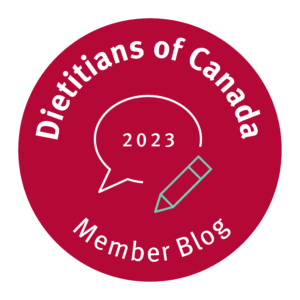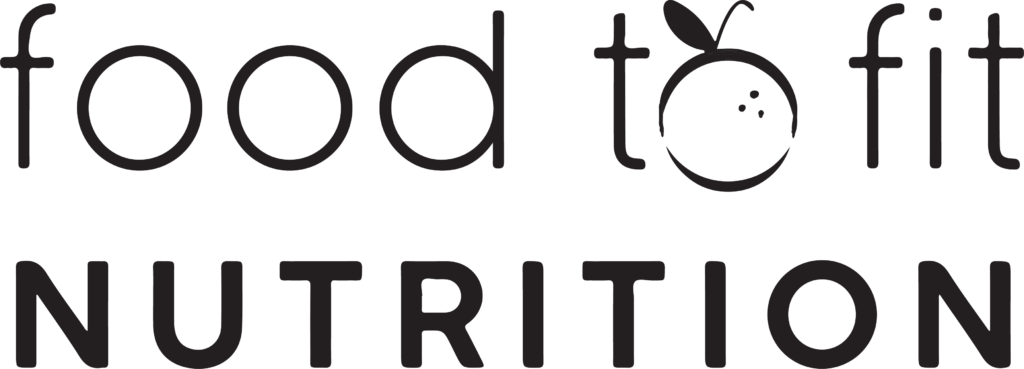prenatal & infant
Nutrition
Naturally, you want to give your baby the best start in life. We’re here to help.
Prenatal and Postpartum Care, and Infant Feeding
Support
Food aversions, unusual cravings, nausea, mixed messaging! Nourishing your body during pregnancy can get complicated. You might also be managing a chronic condition, recovering from dieting or disordered eating, or have other health concerns during your pregnancy.
After delivery, feeding your baby (whether breastfeeding, formula feeding or both) rarely comes easy. Add in sleep deprivation and recovery needed during the 4th trimester, new parents can face many challenges.
We have options to support you:
Meet 1:1 with our prenatal and infant dietitian and lactation consultant, Robyn Price.
Meet 1:1 with our social worker, Monique Roy, for counseling and mental health support.
Our focus areas include:
- Prenatal nutrition
- Infant and pediatric nutrition (breastfeeding, formula, or combination feeding)
- FPIES and FPIAP
- Breastfeeding difficulties
- Nutrition strategies during bottle refusal
- Food and breastmilk allergies/intolerances
- Weaning and milk alternative guidance
- Childhood mealtime issues or selective eating
- Plant Based Eating
- Correcting abnormal blood results such as nutrient deficiencies, elevated LDL cholesterol, triglycerides, blood sugars, and blood pressure
- Eating disorders and disordered eating
- Trauma
- Mental Health and addictions
Our Pricing
INITIAL CONSULTATION
$225
- 90 minute initial consultation
- Nutrition assessment may include:
- Review of food intake habits/patterns/preferences; medical/health history; medications and supplements; labs (as available on eHealth SK); wellness markers; food relationship; lifestyle; client concern; setting goals or intentions.
- Medical nutrition therapy and education/knowledge sharing may be part of the initial consultation.
- Starter nutrition planning and/or food relationship counseling and guidance offered.
FOLLOW UP
$140
- 60 minute follow up
- Monitoring/evaluating the nutrition plan, symptoms, labs, progress, and/or reflections.
- Discussion of progress, successes, and new or continued challenges.
- Further medical nutrition therapy or food relationship counseling and meal planning supports/adjustments where needed.
LET'S STAY IN TOUCH
Join our mailing list
Join our newsletter for more non-diet content including practical nourishment, recipes, nutrition myth-busting, and weight inclusive well-being.
Curiosity, self-compassion, food peace. Nutrition assessment, planning, and monitoring + food relationship counseling.
Food to Fit Locations:
#203, 2445 Broad Street
Regina, Saskatchewan
1124 8th Street East
Saskatoon, Saskatchewan
